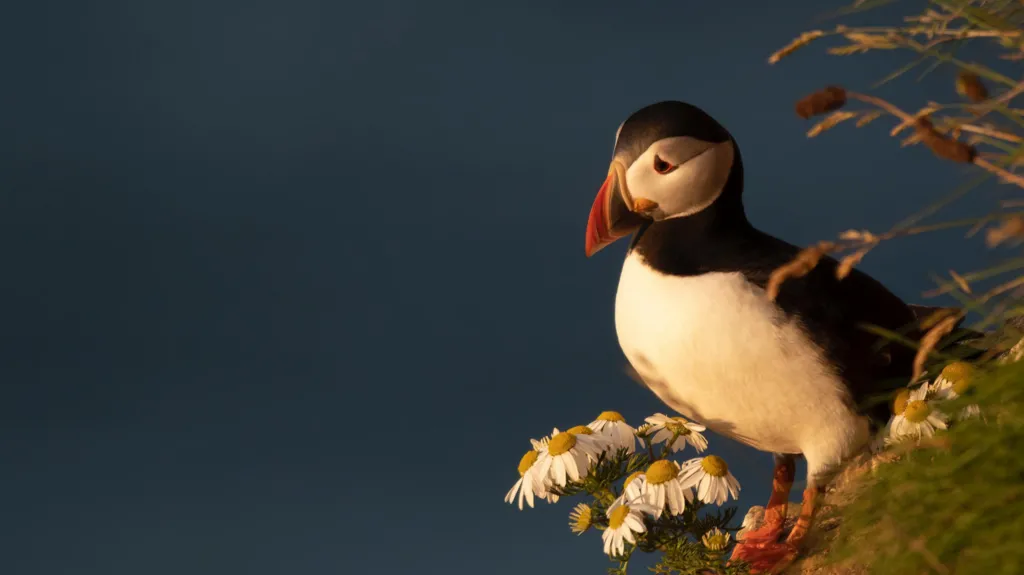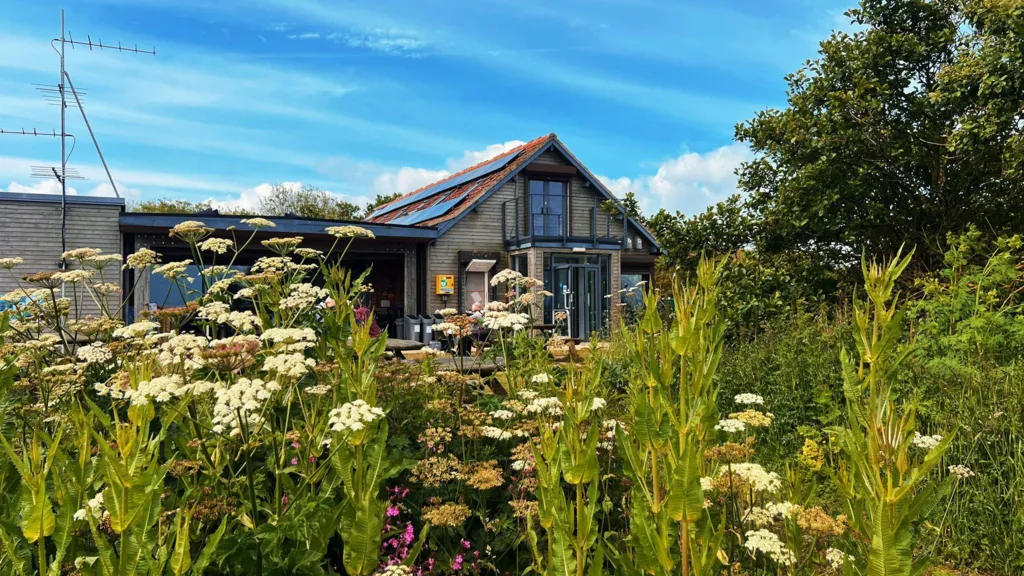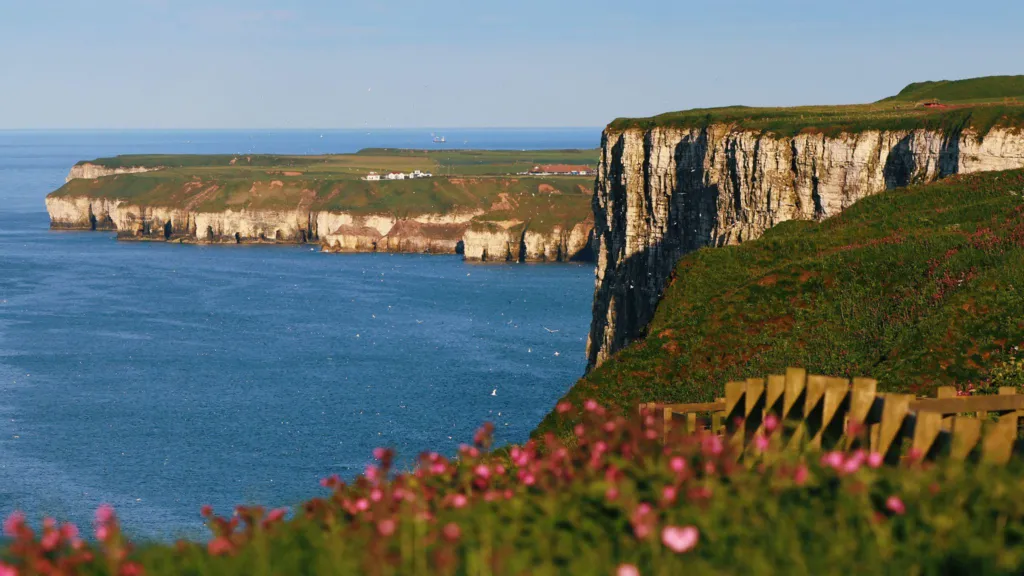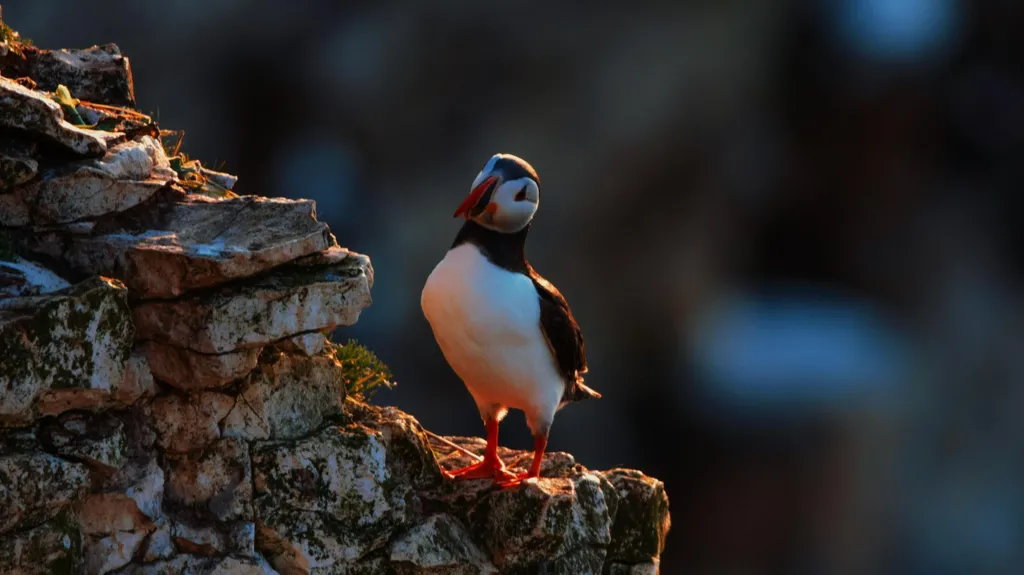Every year from April to July, thousands of puffins journey across the Atlantic, returning to the same nesting spots along Yorkshire’s coast — a remarkable natural phenomenon that captivates visitors from around the world.
At RSPB Bempton Cliffs, on England’s east coast, around 3,000 of these charismatic seabirds settle in the rugged cliffside to breed. The reserve draws wildlife enthusiasts from across the UK and even as far afield as Australia and America.
“It’s a spectacular stretch of coastline,” says Danielle Jackson, Visitor Experience Manager at Bempton. “When the puffins and other seabirds return, we see a real boost in visitor numbers. People love coming here to find their ‘puffin of the year’ or to spot one for the very first time.”

Puffins are monogamous, often mating for life and returning to the same nesting site every spring. This means visitors who return annually might spot familiar pairs, year after year.
“If you know a reliable spot within the cliffs, chances are you’ll see the same puffin again. It’s such a special experience,” says Jackson. “They’re not always easy to spot — you really have to search for them. But that makes it feel like a real achievement when you do.”

Unfortunately, puffins are now listed as a Red List species by the RSPB, indicating they are among the UK’s most at-risk birds. Since 2000, the UK has lost around a quarter of its puffin population. Monitoring remains difficult due to their elusive habits.
“They’re tricky to count,” Jackson explains. “We use indicators like the productivity of other seabirds that share the same food sources — such as kittiwakes — to estimate how puffins are doing.”
The decline in puffin numbers is attributed to several factors: overfishing, climate change, invasive predators, and disease — especially bird flu. Outbreaks across Yorkshire in recent years, including nearby North Cave Wetlands, have raised concern. At Bempton, gannets were impacted by bird flu in 2023, though they’ve shown signs of recovery.
There is some hope, however. The National Trust recently reported signs of natural immunity in puffins on Northumberland’s Farne Islands. While nearly 10,000 seabirds died there during outbreaks in 2022 and 2023, no signs of infection were detected this year.
Beyond puffins, Bempton Cliffs is teeming with wildlife. It’s the site of England’s only mainland gannet colony, home to barn owls, short-eared owls, seals, and even passing dolphins — all visible from the reserve’s accessible cliff-top viewpoints.

“We’ve got incredible wildlife here,” says Jackson. “It’s a really special place for nature.”
But for many, puffins remain the stars of the show.
“People absolutely adore them,” she says. “They’re cute, with their big orange beaks and comical expressions. Known as the ‘clowns of the sea’, a group of puffins is even called a circus — and I think that just adds to their charm.”
